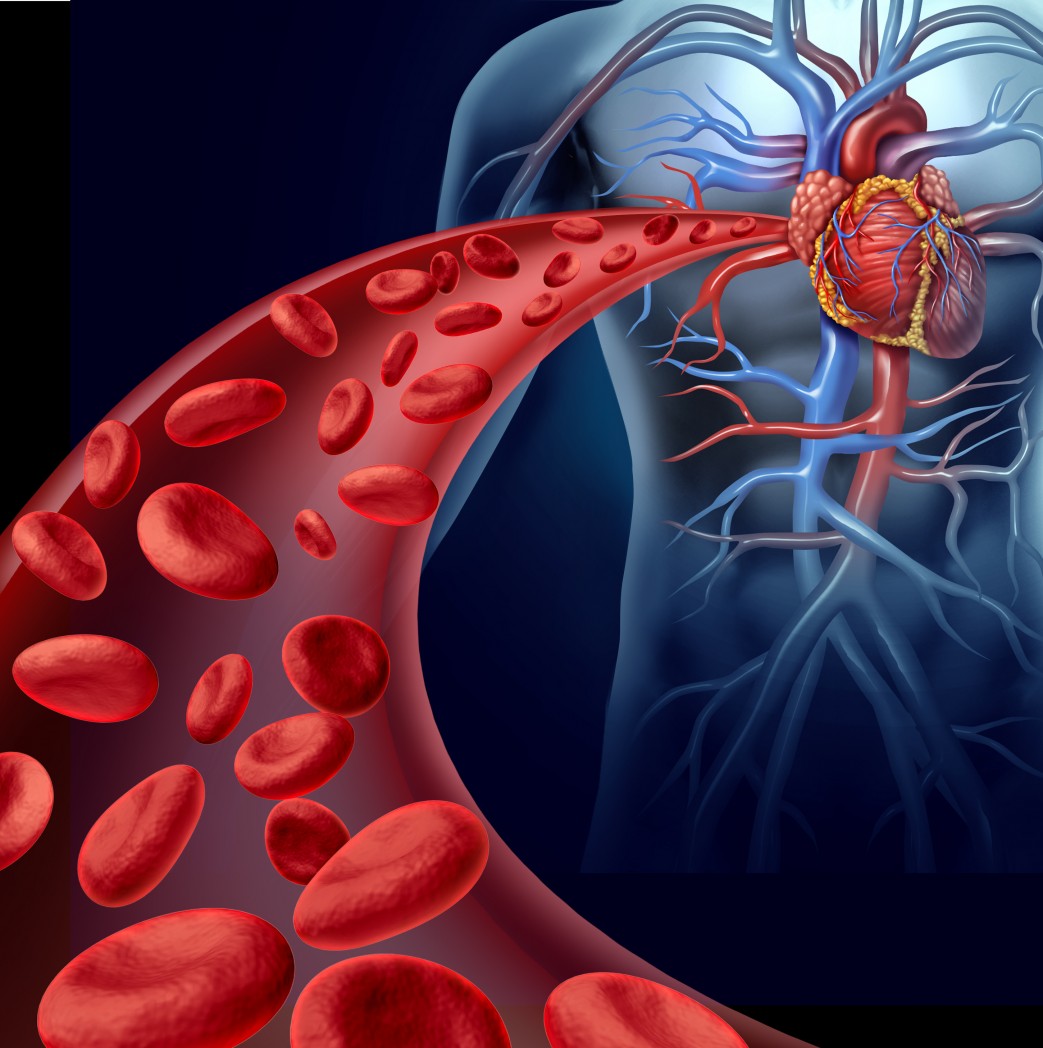Factors Such as Older Age, Obesity, and Heart Disease Raise Risk of Blood Clots in PWS Patients, U.S. Survey Says
Written by |

Certain risk factors — such as older age, obesity, metabolic syndrome, cardiovascular disease, and kidney failure — increase the likelihood of blood clots in patients with Prader-Willi syndrome (PWS), according to results of a national U.S. survey.
The study, “Venous Thromboembolism in Prader–Willi Syndrome: A Questionnaire Survey,” was published in the journal Genes.
Blood clots and specifically those formed in a vein — venous thromboembolism (VTE) — have been increasingly recognized as risk factors for injury and death in obese individuals and PWS patients. More information and awareness about what causes blood clots may improve outcomes in obesity-related disorders such as PWS.
Therefore, a team at University of Kansas Medical Center, Western Michigan University, and the Prader-Willi Syndrome Association (PWSA) developed a 66-item questionnaire to assess the frequency, risk, and protective factors for VTE and pulmonary embolism (PE) — a life-threatening blood clot starting in a deep vein, usually in the leg, that then migrates and blocks a lung artery.
The questionnaire was then posted on PWSA’s website, although participation was also solicited by email and hard copies sent to families.
Adult patients with PWS and caregivers of children with the syndrome were asked to complete the survey, which included standard demographic information (such as age, gender, and PWS genetic subtype), and questions on medical history and blood clots (including onset, location, duration, and severity), and related disorders.
A total of 1,067 patients (mean age of 21 years, range 0-63 years) were included in the survey, which was filled out between January 2015 and April 2016. From the overall group, 554 patients were female, and 502 (47%, mean age of 9.3 years) were children or adolescents. Most patients (60%) had the typical 15q11-q13 deletion in chromosome 15.
Thirty-eight respondents (23 females and 15 males) had a history of blood clots, with 33 clots occurring in adulthood. As for their type, the clots were identified as deep venous thrombosis in eight patients, thrombosis in seven, embolism in four, PE in six, and smaller vein clot in six patients. As for their source, 14 patients had blood clots in the leg, five in the lung, two in the brain, and 17 had clots from sources that were unknown.
The clots resolved in 23 individuals (64%), and recurred in seven (19%), causing the death of four patients. Twenty-seven (75%) patients required hospitalization, while 22 (61%) reported severe pain, and 23 (77%) reported venous stasis (slowed or stopped blood flow), including leg swelling.
At blood clot onset, existing medical conditions in these patients included obesity in 22 (63%) respondents, and diabetes in eight (23%). Five (14%) received growth hormone treatment.
Compared with those who did not experience blood clots, PWS patients who did were significantly older (mean age of 32.8 vs. 20.4 years in those without blood clots), were more likely to be obese (76%), and have edema (59%), hypertension (24%), vasculitis or blood vessel inflammation (33%), and a family history of blood clots (33%).
Other predictors of blood clots included kidney failure, heart failure, metabolic syndrome, atrial fibrillation — a type of abnormal heart rhythm — skin picking, smoking, and prior treatment with aspirin and blood thinners.
In contrast, previous treatment with growth hormones correlated with a reduced risk of thrombosis, which “may be due to [an associated] lower frequency of obese-related or comorbid illnesses, known to contribute to blood clotting events in the general population,” the researchers wrote.
As for the pediatric group, five patients (1%, average age of 5.6 years) had blood clots. Three of these patients had a history of growth hormone treatment, one had obesity with metabolic syndrome, two had a history of skin picking, and one child had edema. Also, one child had a family history of blood clots, and developed heart failure with thrombocytopenia, or low platelet counts.
“Blood clots in children with PWS were not related to obesity, and appeared to reflect the medical and surgical complications or genetic risk factors related to family history,” the researchers wrote.
The team concluded that the risk factors for blood clots in PWS patients “included excessive weight, metabolic syndrome, and cardiovascular illness, as seen in the general population. The relative strength of association with vasculitis, edema, and kidney and heart failure support a progressive disease profile, potentially arising as secondary complications of exogenous obesity complicated by other neuroendocrine disruptions seen in PWS.”





